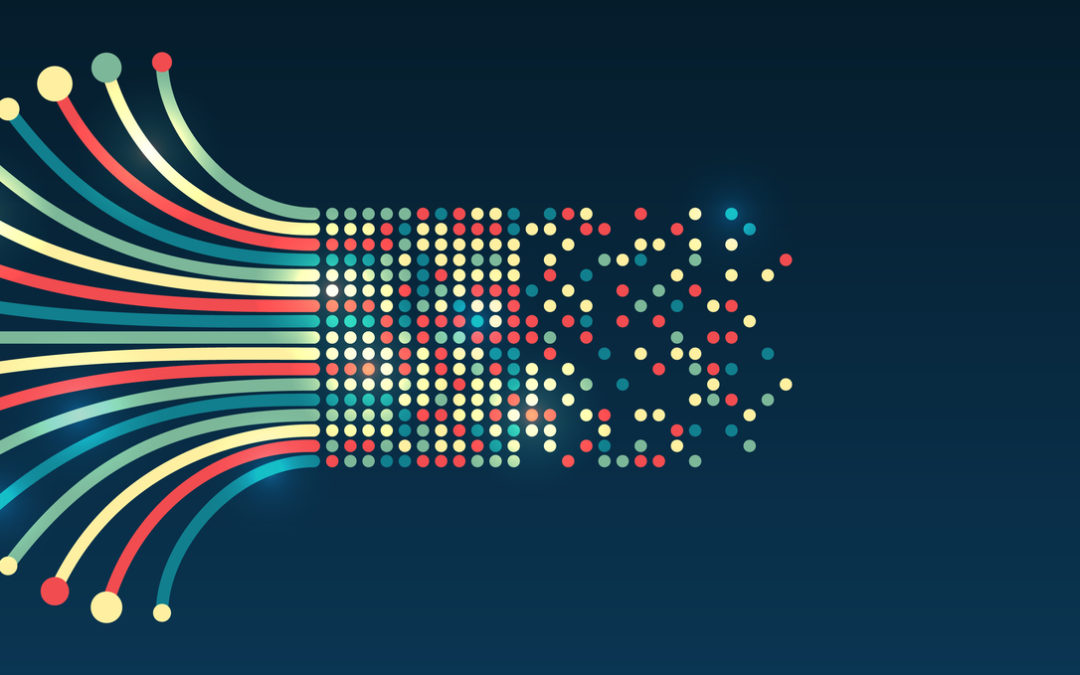Computational thinking is the process of defining a step-by-step solution to a complex problem or to achieve a specific goal. While the phrase “computational thinking” contains the word “computational,” it has applications far outside computer science. The process of computational thinking typically includes four parts: decomposition, pattern recognition, abstraction and algorithmic thinking.
Pattern recognition as part of computational thinking is the process of identifying patterns in a data set to categorize, process and resolve the information more effectively. Patterns are pieces or sequences of data that have one or multiple similarities.
What is Pattern Recognition in Computational Thinking?
Pattern recognition is a critical tool in computational thinking because it helps to simplify problems and improve comprehension of intricacies. Pattern recognition in computational thinking uses the identification of similarities within a particular data set or sequence to simplify understanding and resolution of a problem or goal.
It can also increase effectiveness in the problem-solving process by creating solutions that can be repeated to resolve similar problems or goals. Even if a computational solution cannot be repeated in whole for a different problem or goal, pattern recognition can help identify parts of different problems that may be resolved using pieces of other solutions.
Examples of Pattern Recognition in Everyday Life
While pattern recognition is most commonly discussed as a step in computational thinking, we automatically use pattern recognition in our everyday lives.
- Driving. In driving, we use pattern recognition to predict and respond to different traffic patterns processes. For instance, we may recognize that an upcoming timed traffic light has turned yellow. We know that the pattern of process at the timed lights in the area is for the cross-traffic turn lanes to turn next, then straight cross-traffic, the turn lanes in our direction, then finally our light will turn green. We automatically process this pattern and can reasonably predict how much time we have before the light will turn green.
- Medicine. Pattern recognition is prominent in medicine, where identifying patterns helps to diagnose and cure diseases as well as to understand and prevent disease. When a patient discusses symptoms with a doctor or undergoes a series of tests, the results are compared against known patterns to quickly identify types of infections or injuries that may be causing the symptoms and to apply corresponding solutions to the diagnoses. New diseases can also be categorized and have cures, treatments, or preventions identified based on pattern recognition from other corresponding medical complications.
- Mathematical formulas. One example of pattern recognition in everyday life is in mathematical formulas that we may use regularly, such as for tipping, converting measurements, determining mpg of a vehicle, etc. All mathematical formulas are a result of and used in pattern recognition and algorithmic thinking. Formulas were created after patterns were identified and applied to create a common solution. Comparably, formulas can be used in mathematics by using pattern recognition to identify situations in which a particular formula may or may not be useful.
Final Thoughts
Pattern recognition is an essential tool in computational thinking in computer science as well as in everyday life.

Learning.com Team
Staff Writers
Founded in 1999, Learning.com provides educators with solutions to prepare their students with critical digital skills. Our web-based curriculum for grades K-12 engages students as they learn keyboarding, online safety, applied productivity tools, computational thinking, coding and more.
Further Reading
Teaching Students to Identify Cyberbullying: A Guide for K-12 Educators
In today’s interconnected world, technology is becoming an increasingly integral part of children’s lives, offering countless opportunities for...
Integrating AI Into Your Curriculum for K-12 Education
Find out how AI curriculum can transform K-12 education, boosting engagement and fostering critical thinking. Get started with essential insights and examples.
Teaching AI: Ethical Considerations for High School Students
Teaching AI in high schools comes with ethical questions. Discover key considerations for educators introducing AI to young learners




